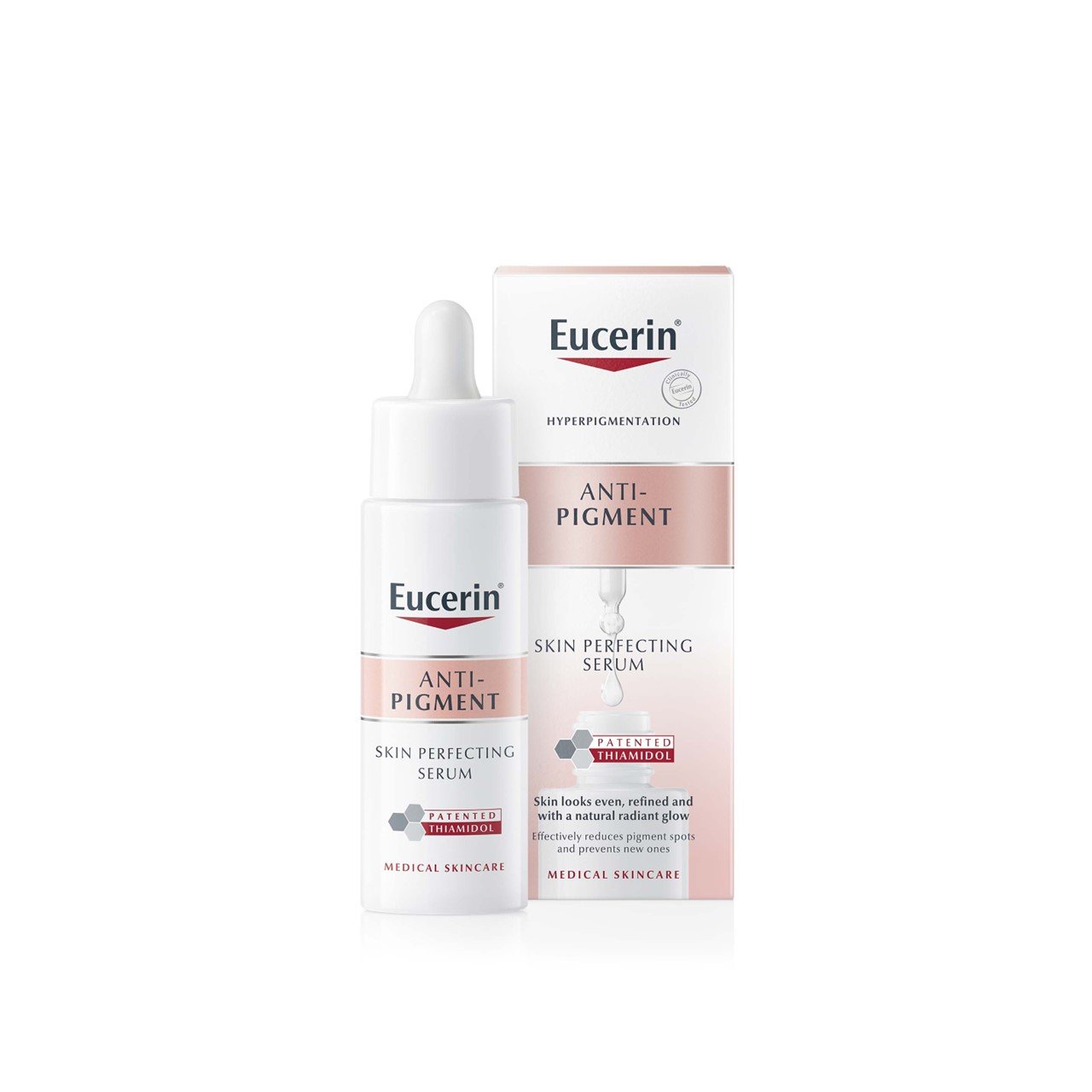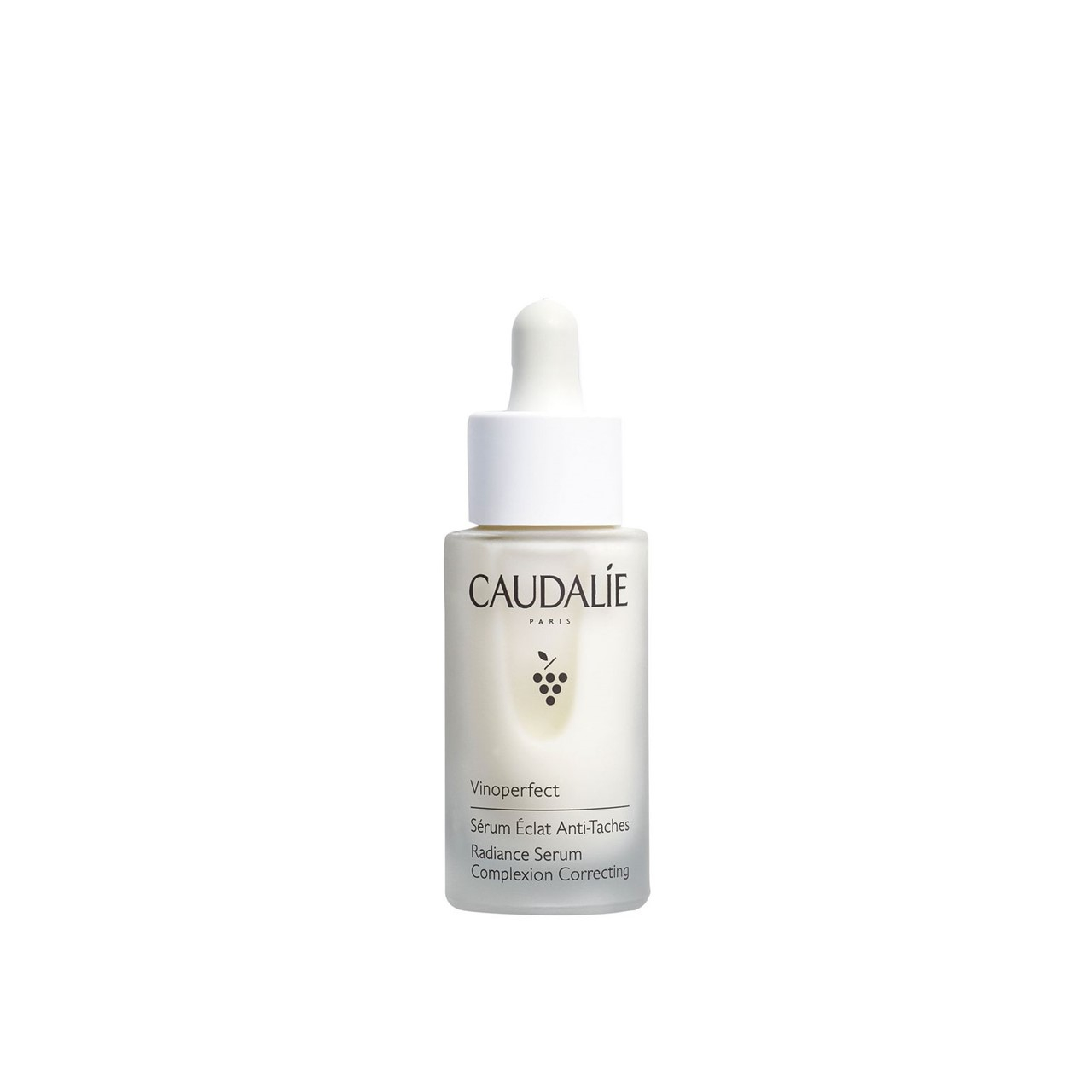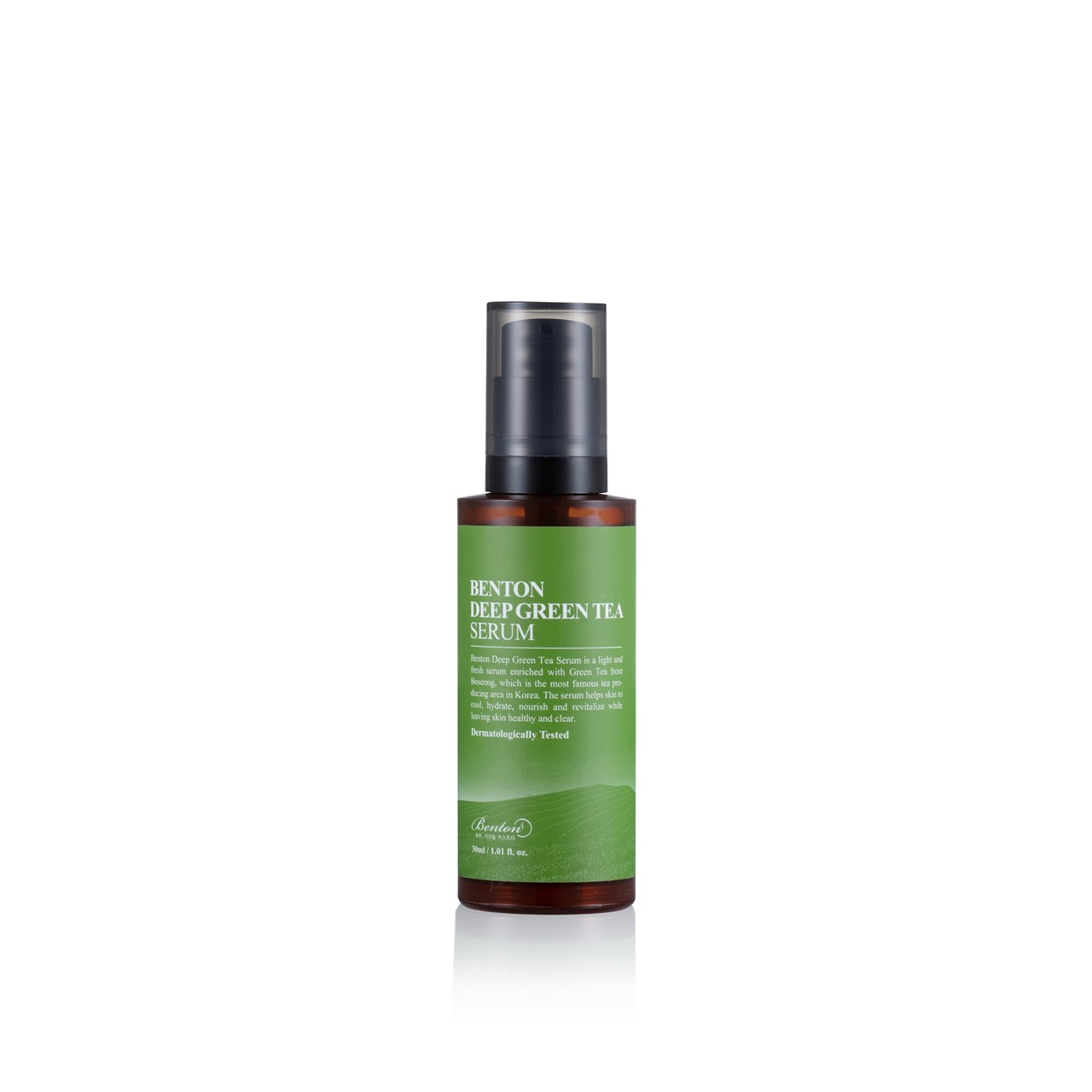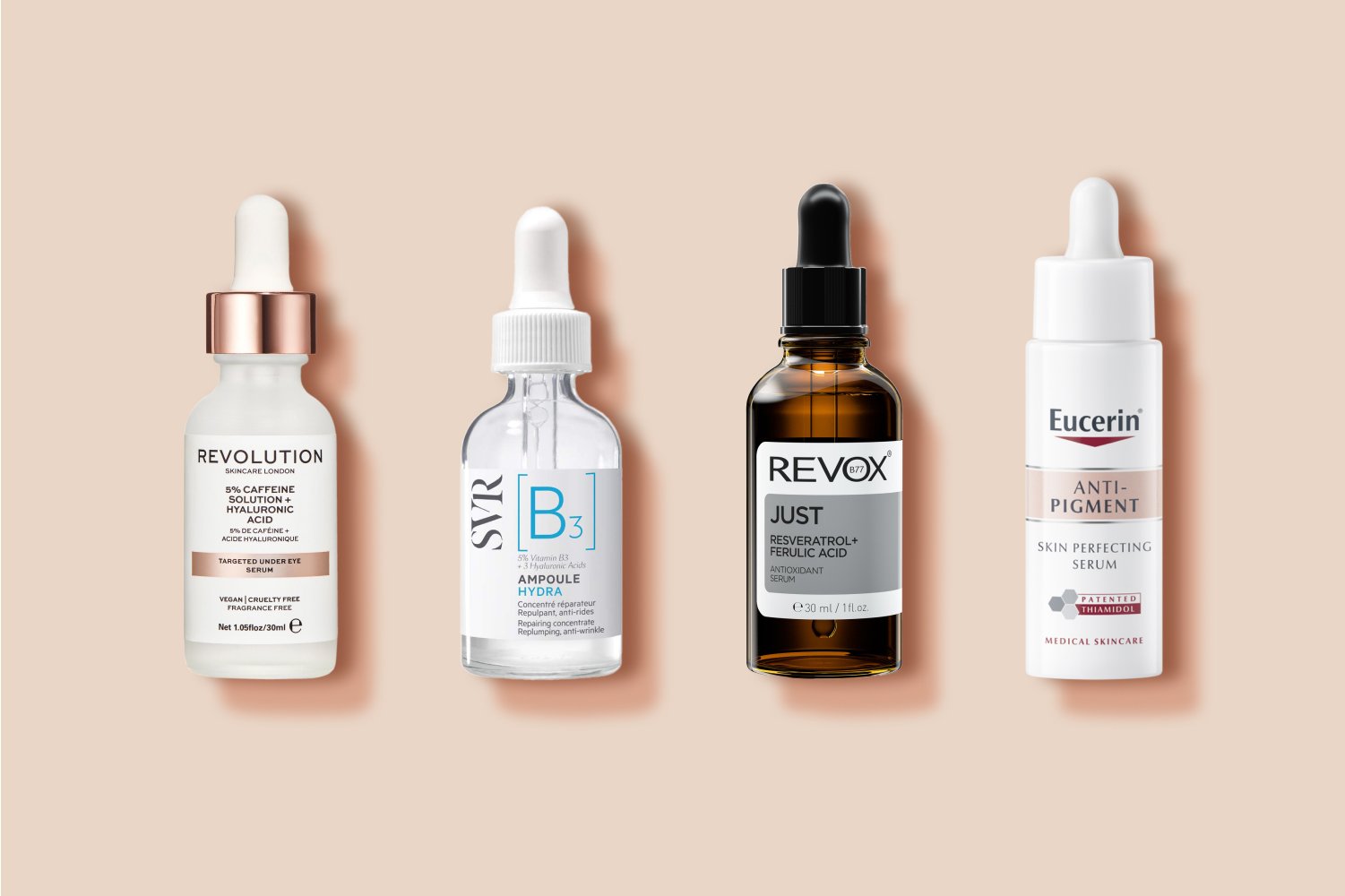
Vitamin C is the hot ingredient everyone should use in their skincare routine–or is it? Actually, even though vitamin C has built quite a reputation over the years, it’s not irreplaceable in your skincare routine. If your skin can’t tolerate vitamin C–either at all, or in certain concentrations, this post is for you. Let’s dig into the vitamin C alternatives on the market, and find out which one will suit your skin the best.
Who needs a vitamin C alternative?
Let’s start with the basics: why would you need a vitamin C replacement, if vitamin C is so good?
Well, the truth is that even though vitamin C is well-tolerated by most people, there is still a significant percentage of people who get irritation from it. In many cases, the skin will tolerate lower concentrations, but from 10% onwards problems may start to arise. You may experience redness irritation, and various forms of discomfort. Take it from this author, who won’t apply over 10% vitamin C on her face–or it will start burning. And let’s get real, if it’s burning, why would I want it on my face? Even if every skinfluencer states that it’s the ingredient to have, my skin hasn’t received the memo.
All in all, if our vitamin C product is causing irritation or redness, we just use something else. Now, that’s easy to say, but what ingredients can we actually use that work as alternatives to vitamin C?
Alternatives to vitamin C
As mentioned earlier, I have a personal interest in this issue, as my skin reacts negatively to high concentrations of vitamin C. As such, I have tried plenty of different antioxidants and vitamin C alternatives. Let me guide you through them.
Niacinamide: The best vitamin C alternative
If you talk to dermatologists, many will suggest niacinamide as the best alternative to vitamin C. This is because it causes almost no irritation–although some may be the exception, as with any other ingredient. Besides this fact, it shares a lot of similarities with ascorbic acid, a form of vitamin C. Here are some properties both ingredients share:
- They have an anti-aging effect;
- They make the skin brighter and help fight dark spots;
- There are several formulas for every skin type.
The best part about niacinamide is that sensitive skin types usually get along great with it. Altogether, the most recommended vitamin C alternative for sensitive skin is niacinamide.
Antioxidants other than vitamin c
Even though vitamin C is one of the better-known antioxidants, there are many more. Antioxidants are relevant for your skincare routine because they “neutralize” free radicals produced from radiation, pollution, and other aggressors. Essentially, they act on your skin by stabilizing free radicals before they have a chance to damage the cells. As your skin sustains less damage, you experience a slower aging process. This kind of protection is not only ideal for people who want to prevent the first signs of aging, but also for those who live in urban areas, whatever their age.
Although ascorbic acid is the most popular antioxidant in skincare, many more can have that effect. Molecules such as green tea extract, vitamin E, pomegranate extract, resveratrol, or ferulic acid can all be counted as effective antioxidants.
Alternatives to vitamin C that boost the radiance
We’ve already covered the antioxidant benefits of vitamin C, but there’s another characteristic of ascorbic acid that people tend to love: it makes the skin super radiant. If that’s the result you’re after, fear not, as vitamin C is not the only ingredient that can make it happen. If you’re looking for bright, even, radiant skin, look for ingredients such as Thiamidol (an Eucerin exclusive), Vitis vinifera extract, or, once again, green tea.
All in all, vitamin C is a great skincare ingredient, for those who can tolerate it. If you’re not one of those people, don’t worry, as you can use one of these alternatives to achieve very similar results.
Pharmacy Technician & Beauty Writer



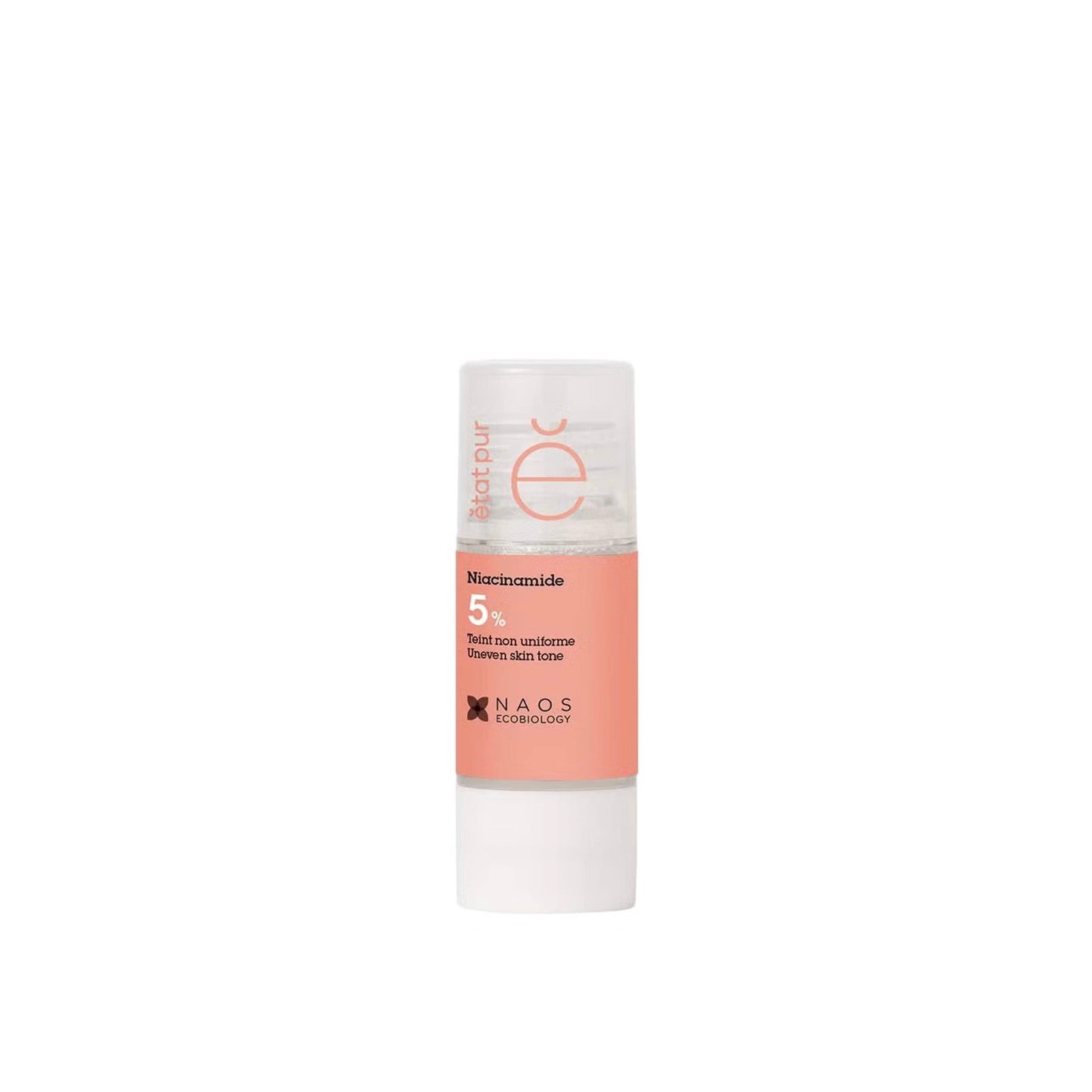
![SVR Ampoule [B3] Hydra Repairing Concentrate 30ml](https://static.beautytocare.com/media/catalog/product/s/v/svr-ampoule-b3-hydra-repairing-concentrate-30ml.jpg)
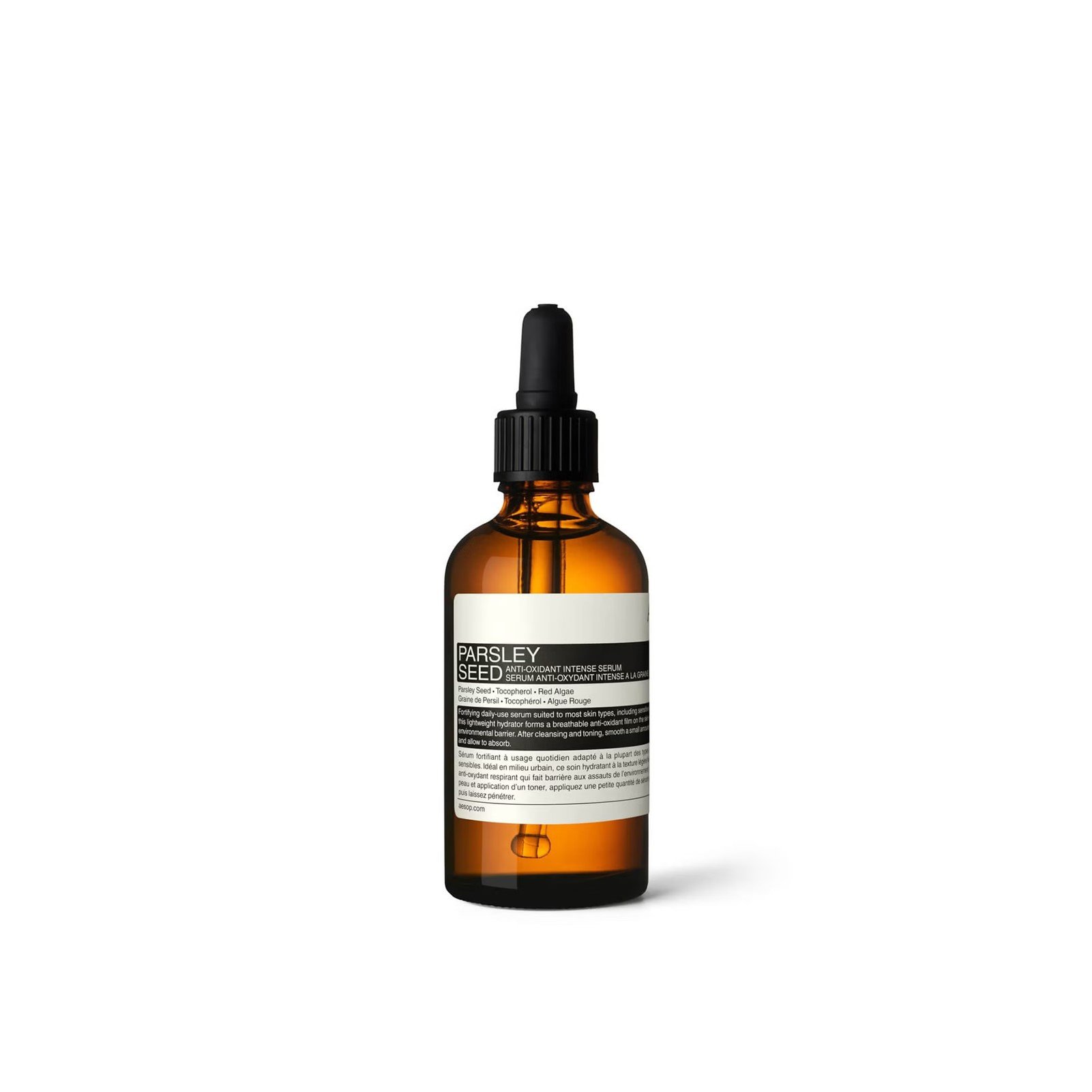
![Sensilis Supreme [Booster FeCE] Antioxidant & Antipollution Serum 30ml](https://static.beautytocare.com/media/catalog/product//s/e/sensilis-supreme-booster-fece-antioxidant-antipollution-serum-30ml.jpg)

